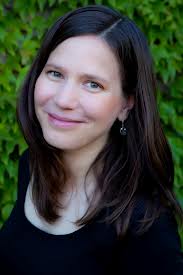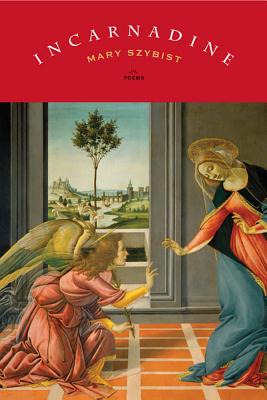A new essay by faculty member Marianne Boruch is published in December’s print and online publication of Poetry:
Melodrama
Which may get a bad rap. My son tells me something I never knew before. It’s a musical term. It means opera, first of all: a story set to music, a drama carried bymelo, song. Mom, don’t get your knickers in a twist over this again, he implies as I hold the landline receiver close to my ear.
Long distance, we used to say about such phone calls. I imagine him singing the get over it I hear in his tone, maybe his regular voice or as joke-falsetto where inflation has a rightful place, our once mock-doing La bohème in the kitchen, staging the simplest request in D-minor:
Oh please please! Take out the compost!
Okay okay! I see it overfloweth!
But — seriously? It’s just that melodrama has always worried me. What about the standard bad stuff always about to happen in opera, I argue, the raised hands as exclamation points, the collective choral shriek of onlookers, the hit-the-lights plunge into dark after the shiny knife goes down? Be fair, my son says. Then it could be we’re both thinking of those subtle duets, gradual and intricate, how they tear your heart, ending abruptly before you expect: La bohème’s Mimì wrapped in Rodolfo’s arms,The Consul’s Magda mournfully interrupting her husband John, or the tomb-with-a-view finale — as my brother calls it — between Aida and Radamès, all the lush, various stops and starts from Puccini, Menotti, Verdi. And big, this tangle, always so earnest, such grand charged dignity to whatever ordinary or outrageous shard of word or deed, a grave eternal eye on whatever mess we made — or will make. In the body, the very sound exhausts and thrills.
…
Finish reading online at Poetry.





